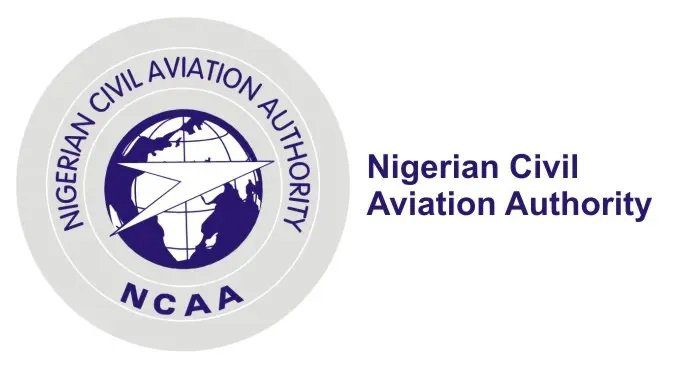Business
NCAA Explains US Decision to Delist Nigerian Airlines

Discover why Nigerian airlines have been delisted by US authorities, as explained by the NCAA.
Clarification has been provided by the Nigerian Civil Aviation Authority (NCAA) concerning the recent removal of Nigerian airlines from being able to operate into the United States.
The Acting Director General of the NCAA, Capt. Chris Najomo, stressed that delisting was not a result of safety or security issues but rather due to changes in policy made by the U.S Federal Aviation Administration (FAA).
Starting in September 2022, the FAA initiated a process where Category One countries would be removed from its list. According to Capt. Najomo’s explanation, this removal was based on non-presence of a local airline service or code-share agreement with any U.S operator for such countries.
Moreover, nations failing to comply with the international safety oversight standards and not being provided technical aid by FAA were also eliminated from Category One.
Capt. Najomo clarified reports of a ban on Nigerian airlines, stating that the Nigeria Civil Aviation Authority (NCAA) has been made aware of the publication regarding such an alleged ban by the United States. To avoid any confusion or misunderstanding about this news item, it is important to provide clarity and put this report in its correct context.
Read Also: Airline’s suspension over Abuja-bound flight arrival in Asaba lifted – NCAA
He explained Nigeria’s relationship with Category One status by stating that in order to conduct operations into the United States, like most other countries, it is mandatory for them to pass the International Aviation Safety Assessment (IASA) Programme with flying colors and achieve a Category One rating. Once this goal has been attained, Nigerian airlines will be granted permission under existing Bilateral Air Services Agreement (BASA), allowing them to use both domestic aircrafts registered in Nigeria as well as lease foreign-registered dry leased planes on their venture into America.
It was observed by Capt. Najomo that Nigeria had earned the Category One status for the first time in August 2010 and maintained it even after FAA safety evaluations conducted in 2014 as well as 2017.
As of September 2022, Nigeria was among the Category One countries delisted by FAA due to their lack of indigenous operators offering U.S. services over a span of two years.
Therefore, the removal of Nigeria from the list was unsurprising and not connected to any deficiencies in safety or security supervision.
It was stated by him that Nigerian operators could continue to serve the U.S. market via aircraft wet-leased from nations with an existing Category One ranking.
Captain Najomo confirmed that the NCAA remains committed to upholding international safety and security regulations while also acknowledging the sovereignty of states, such as the United States. This dedication is in line with provisions set forth under The Convention on International Civil Aviation.
The Minister of Aviation and Aerospace Development, Festus Keyamo, has been taking proactive steps to strengthen the capabilities of indigenous operators in response to current circumstances.
As part of the endeavor, measures have been taken to gain entry into the global dry-lease market. These efforts were accentuated by trips made to AIRBUS in France and a MOU signed with BOEING situated in Seattle, Washington.
Efforts by the Minister have been directed towards achieving complete adherence to the Cape Town Convention in Nigeria, with the ultimate goal of reinstating international lessors’ trust in Nigeria’s aviation industry.
NCAA expresses optimism that the measures taken will facilitate Nigeria’s recuperation and maintenance of its U.S. Category One rank.
